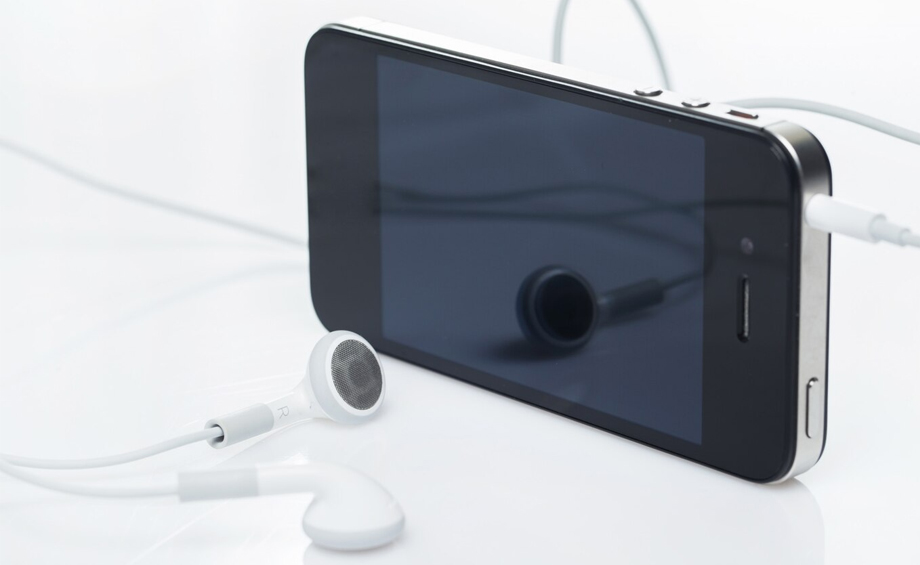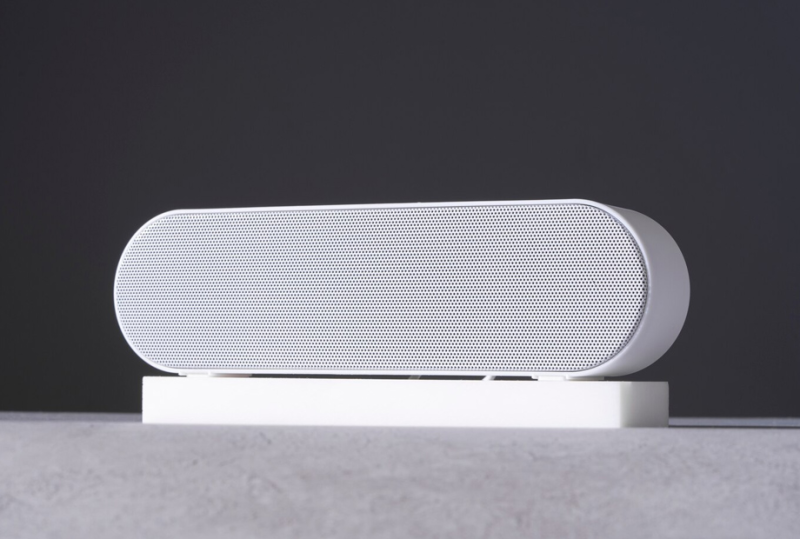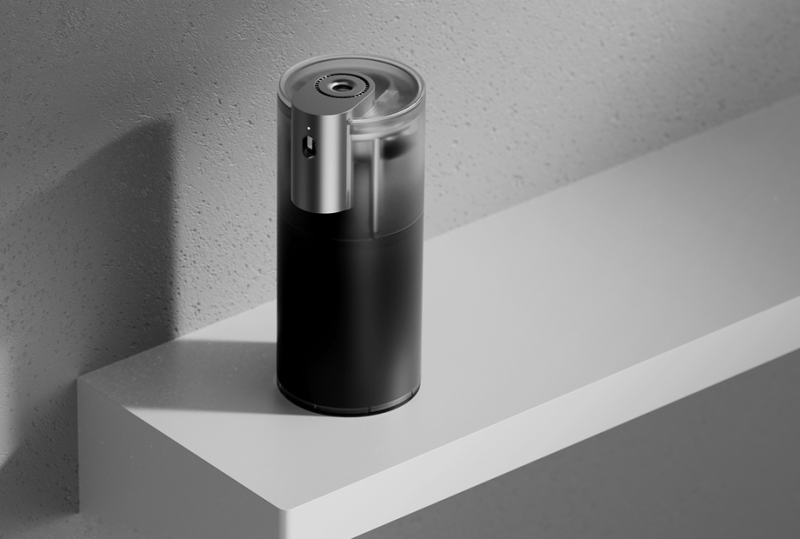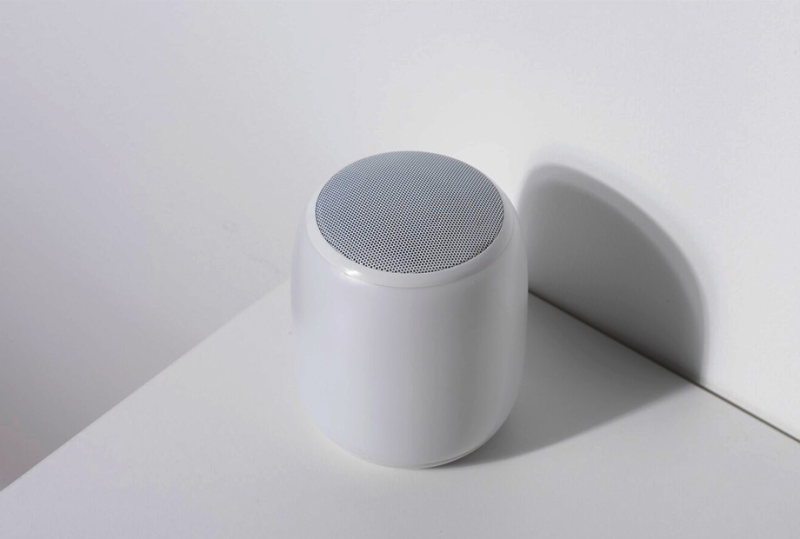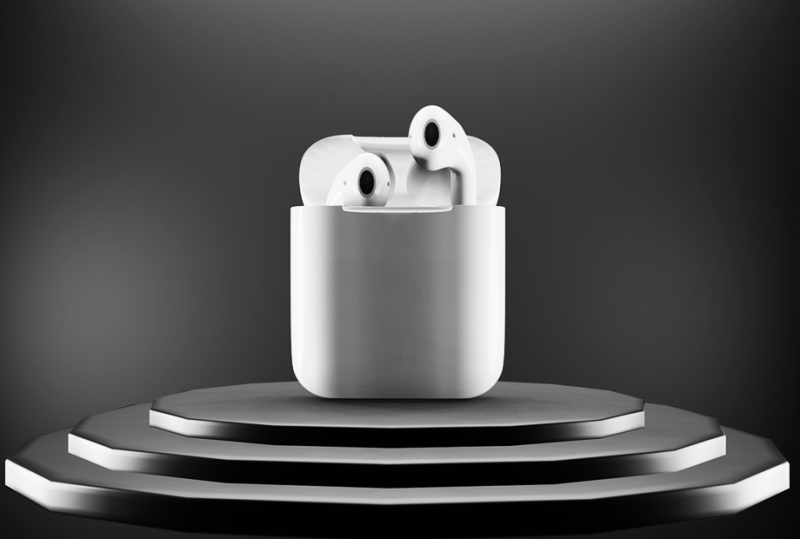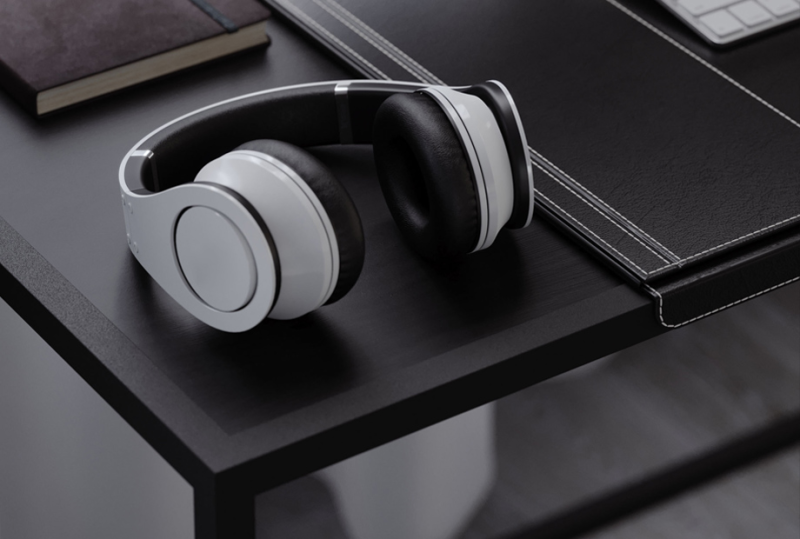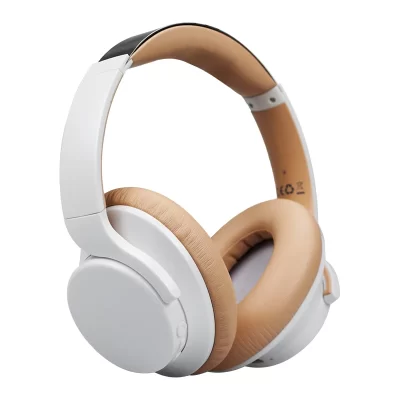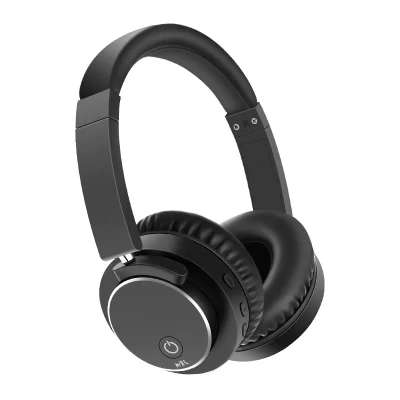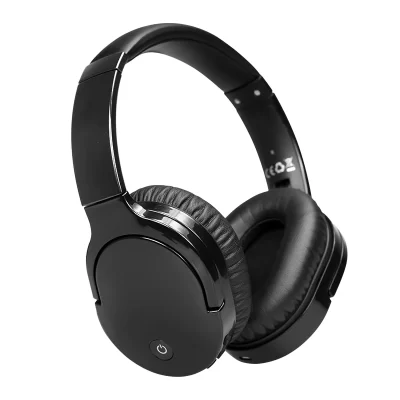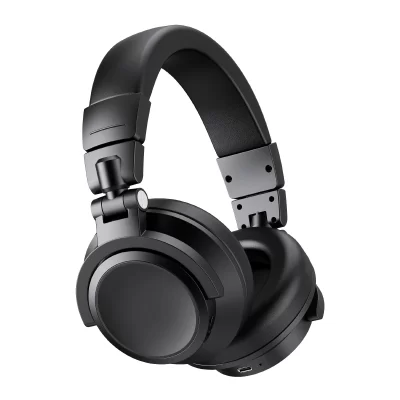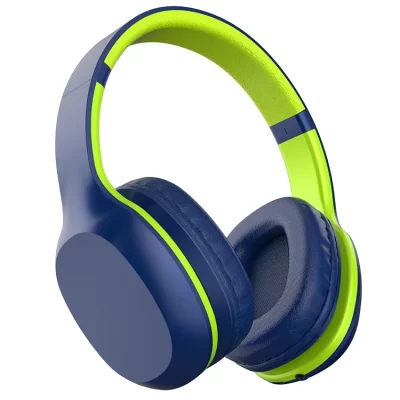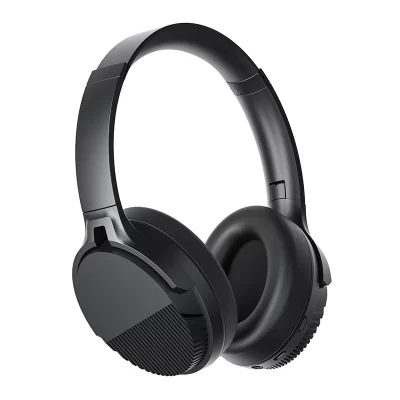In recent years, headphones have become a must-have accessory for music lovers, gamers, and professionals. As technology has evolved, headphones have evolved from simple wired earbuds to sophisticated wireless earbuds. So are wired headphones better than wireless headphones or are they the same? The truth is, both wired and wireless headphones have their own pros and cons, and it can be hard to decide which one is better. In this article, we’ll explore the pros and cons of both types of headphones and help you decide which one is right for you.
Wired Headphones
Wired headphones, also known as traditional headphones, are popular with many music and audio enthusiasts. They are designed to connect to a device using a cable that transmits the audio signal from the device to the headphones. The cable contains two channels, one for the left ear and one for the right ear, and they carry analog signals that reproduce the sound from the source.
How do Wired Headphones Work?
The working principle of wired headphones is very simple but effective. When you plug them into an audio source, whether it’s a smartphone, computer, or music player, the audio signal is transmitted through the cable to the headphones. Once the signal reaches the headphones, the drivers (the speakers inside the ear cups or earbuds) convert the signal into sound waves. The driver consists of a magnet, voice coil, and diaphragm, which work together to produce high-quality audio output. Additionally, the design of the ear cups or ear tips helps seal the sound, providing a more immersive listening experience and preventing audio from leaking into the surrounding environment.
Advantages of Wired Headphones
1. Better sound quality: Wired headphones generally offer superior sound quality compared to wireless headphones. This is because they can transmit uncompressed audio data without any signal loss or interference caused by Bluetooth or Wi-Fi.
2. No batteries required: Wired headphones do not require batteries to work, making them a reliable and worry-free option. This is particularly useful for people who listen to songs for long periods of time or forget to charge their wireless headphones.
3. More stability: Wired headphones are fixed to a physical cable, which means they will not accidentally disconnect or have connection issues. This makes them more reliable, especially in high-stress environments such as working out or traveling.
4. Lower latency: Wired headphones have little to no latency, which means there is no delay between the audio you hear and the video or other content you are watching. This is very important when using headphones to play games or watch movies.
5. Affordability: Wired headphones are generally cheaper than wireless headphones because they don’t require advanced technology like Bluetooth or NFC. This makes them a good choice for budget-conscious consumers or those who prefer to prioritize sound quality over features.
Disadvantages of Wired Headphones
1. Lack of Mobility: The cable restricts your movement and can be a hassle to untie or manage, especially when working out or going out. In addition, the cable may get damaged or frayed over time, requiring you to replace the entire set of headphones.
2. Compatibility: Most new smartphones and laptops don’t have a unified headphone jack, requiring users to buy an adapter or use wireless headphones instead. This can be a big problem for some users who prefer wired headphones for sound quality.
3. Poor Durability: Wired headphones may not be as durable as wireless headphones. When using wires, there is a greater chance of damage from accidental pulling, bending, or twisting. Cables may also fray and break over time, rendering the headphones unusable.
4. Not Waterproof: Many wired headphones are not waterproof, which means you can’t use them in the rain or when you sweat while working out. This can be a big drawback, especially for those who like to listen to music while exercising outdoors.
Wireless Headphones
Wireless headphones are a modern and useful innovation that has become increasingly popular in recent years. They are headphones without any wires or cables, allowing users to get rid of tangled wires and make the most of their portable devices. Wireless headphones come in a variety of styles, including over-ear, on-ear, and in-ear, and can be used for a variety of purposes, such as listening to music, podcasts, making calls, and playing games.
How do wireless headphones work?
Wireless headphones function by using radio frequency, infrared, or Bluetooth technology to transmit audio signals without wires. The headphones have a built-in receiver that picks up the signal, decodes it, and converts it into sound waves, which are then played through the headphones. In addition, wireless headphones are equipped with a rechargeable battery to power the internal electronics and amplifiers that convert the audio signal into sound.
Advantages of wireless headphones
1. Mobility
Because true wireless headphones are not bound by an audio source, they provide greater freedom of movement and can be used anywhere, making them ideal for exercising, commuting, or traveling. Especially when you want to wear headphones to sleep, wireless headphones can avoid dealing with tangled wires while sleeping.
2. Convenience
Unlike wired headphones, which are cumbersome to untangle and manage, wireless headphones have no cables, making them easier to store and use. Additionally, many wireless headphones feature touch controls or voice assistants, allowing for hands-free use.
3. Compatibility
Wireless headphones are often compatible with a wide range of devices, from smartphones and tablets to laptops and gaming consoles. This means you can use them on multiple devices and easily switch between them.
4. Style and design
After examining Bluetooth vs. wired headphones, many users choose wireless headphones because wireless headphones come in a variety of styles and designs, allowing them to choose the headphones that best suit their personal style. This means they can display wireless headphones as a fashion accessory as well as a functional entertainment device.
Disadvantages of wireless headphones
1. Sound quality: Wireless headphones may not sound as good as wired headphones. This is because the audio signal must be compressed to be transmitted wirelessly, which can cause some loss in sound quality.
2. Battery life: Wireless headphones are battery-powered, which means they need to be charged regularly. The battery life of wireless headphones varies greatly, with some models only lasting a few hours before needing to be charged.
3. Connection interruptions: Wireless headphones may experience connection interruptions, which can be frustrating for users. This can happen if the headphones are not in range of the device they are connected to, or if there is interference from other wireless devices.
4. Price: Wireless headphones tend to be more expensive than wired headphones. This is because they require additional technology to work wirelessly.
Wired vs. Wireless Headphones: Which is Better
The question of which is better, wireless or wired headphones? The answer to this question depends on your personal preferences and needs.
If you prioritize sound quality and reliability, wired headphones are your best choice. However, if you need headphones that can be used anywhere and provide greater freedom of movement, which means you should consider the flexibility of wired and wireless headphones, then wireless headphones are a better choice.
Conclusion
Both wired and wireless headphones have their own advantages and disadvantages. Wired headphones offer superior sound quality and reliability, while wireless headphones offer greater mobility and convenience. Ultimately, the choice of Bluetooth headphones vs. wired headphones depends on your personal preferences and needs. Therefore, no matter which type of headphones you choose, it is important to take the time to research their features so that you can find the best wired and wireless headphones that suit all your requirements.

